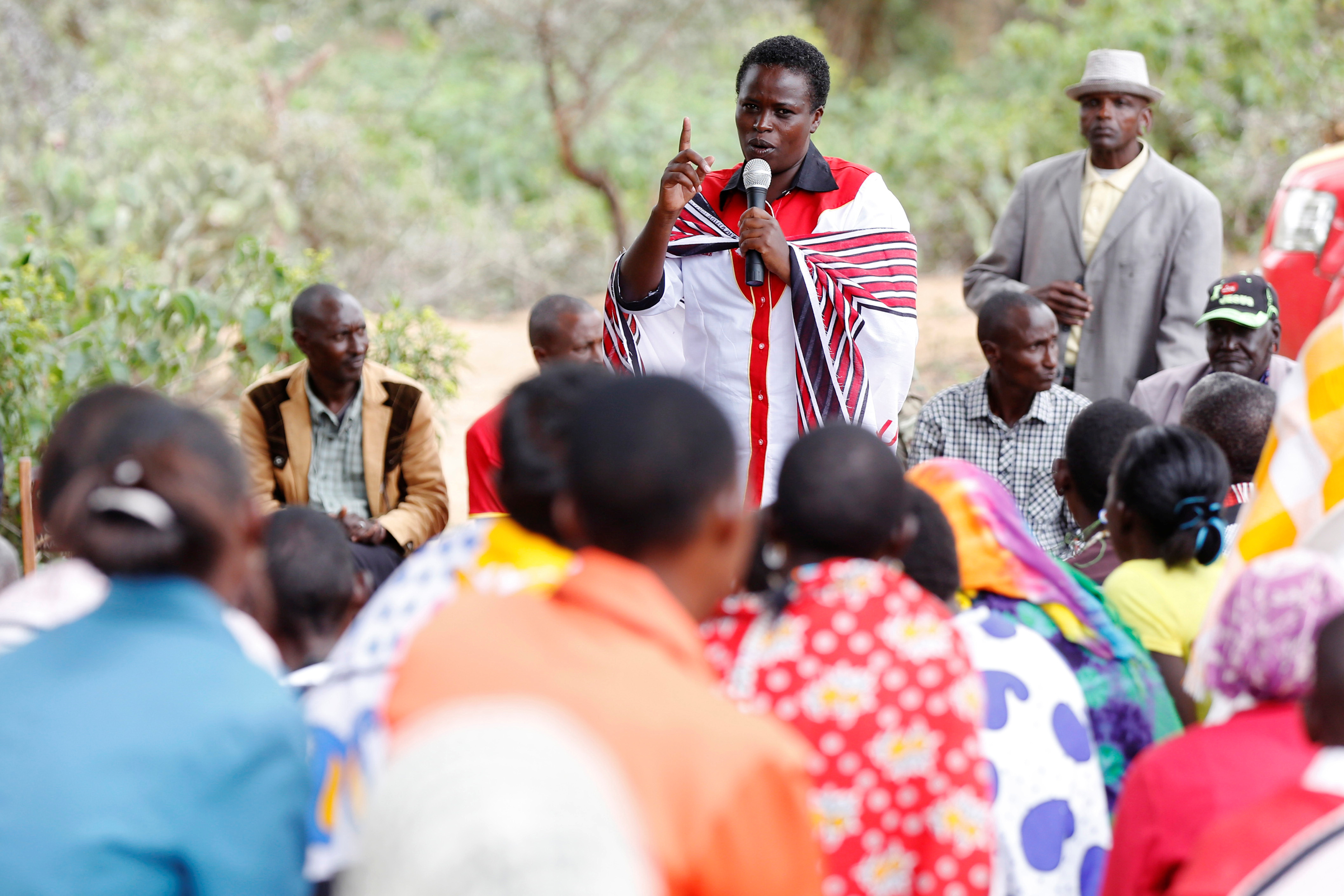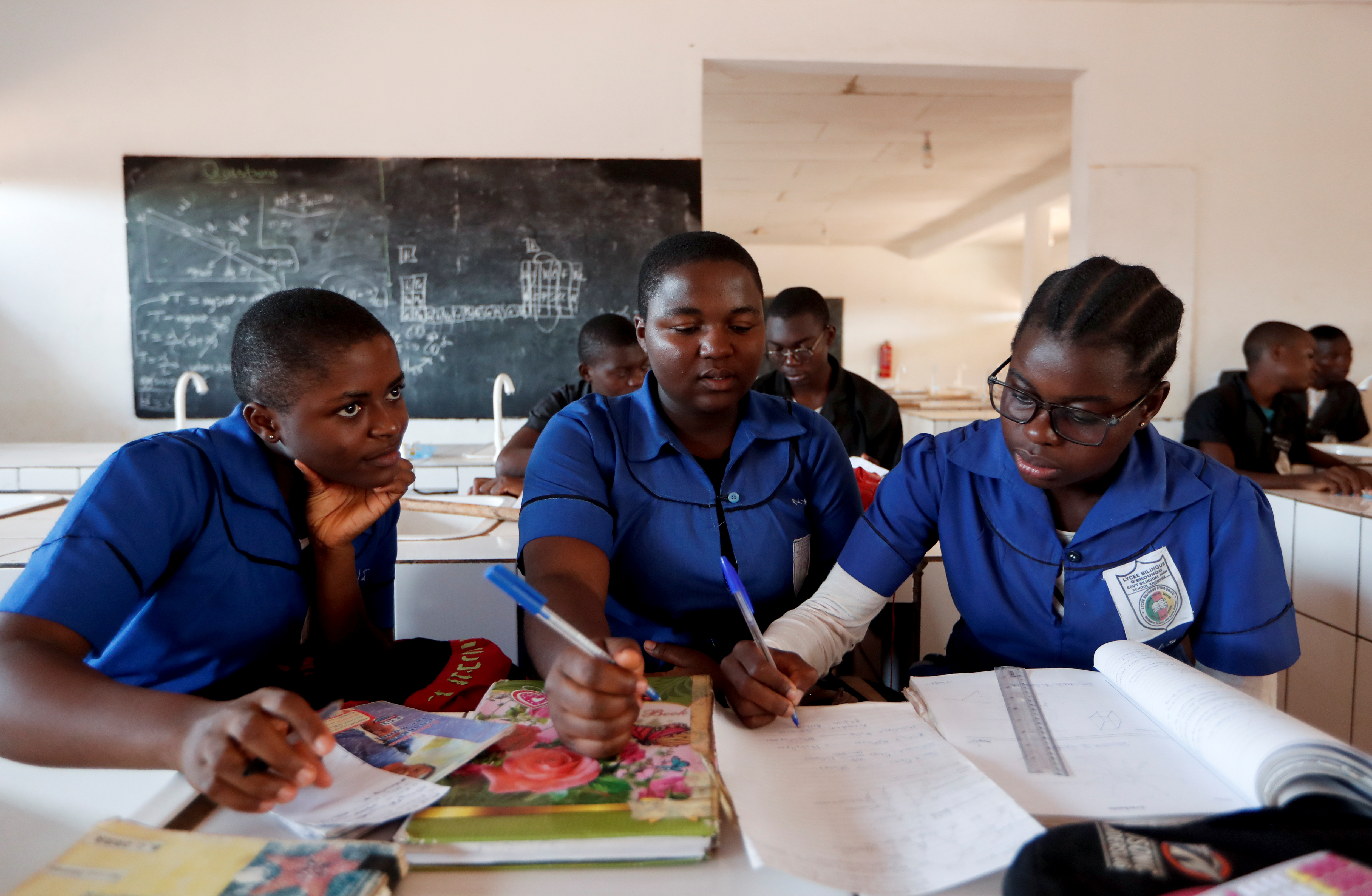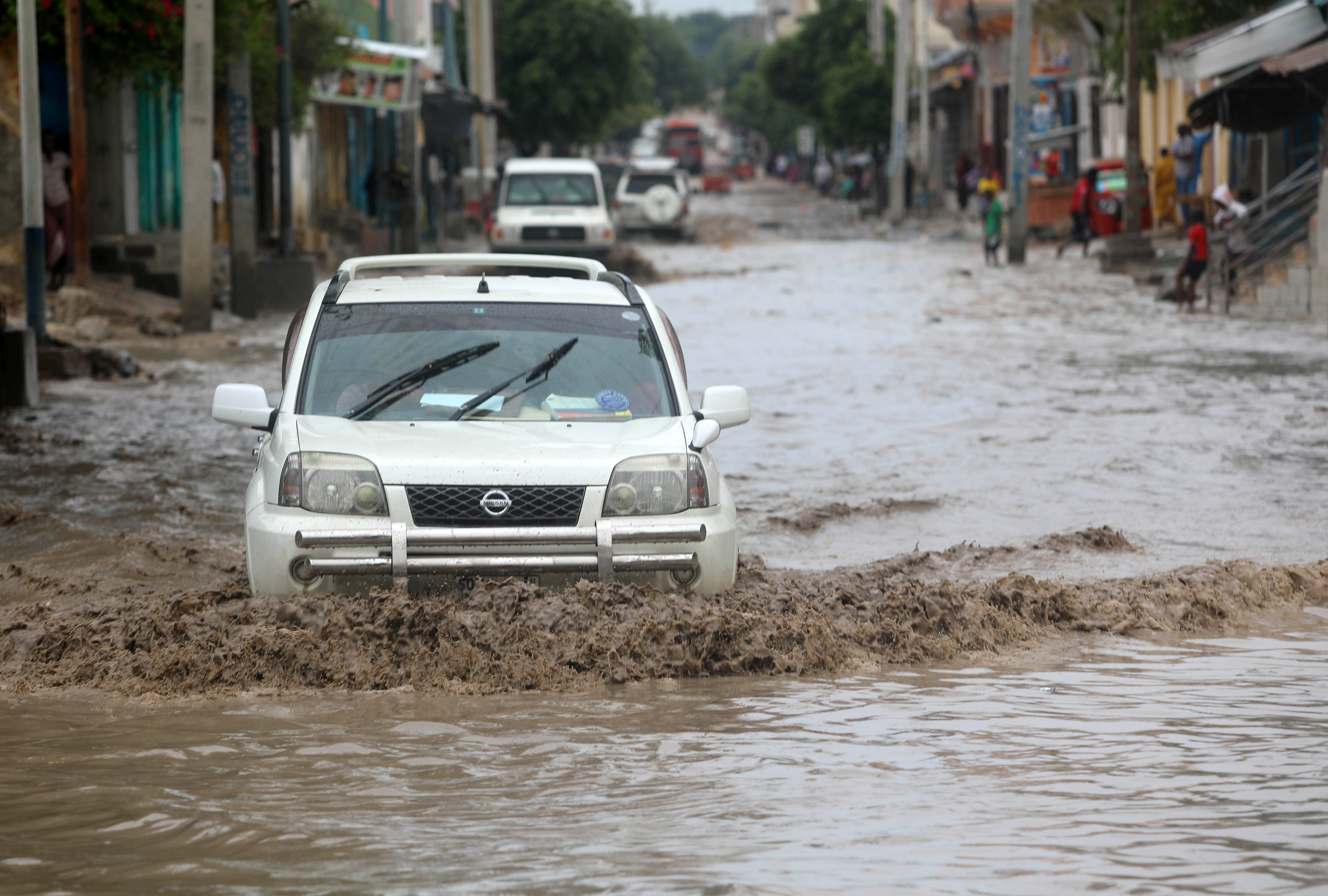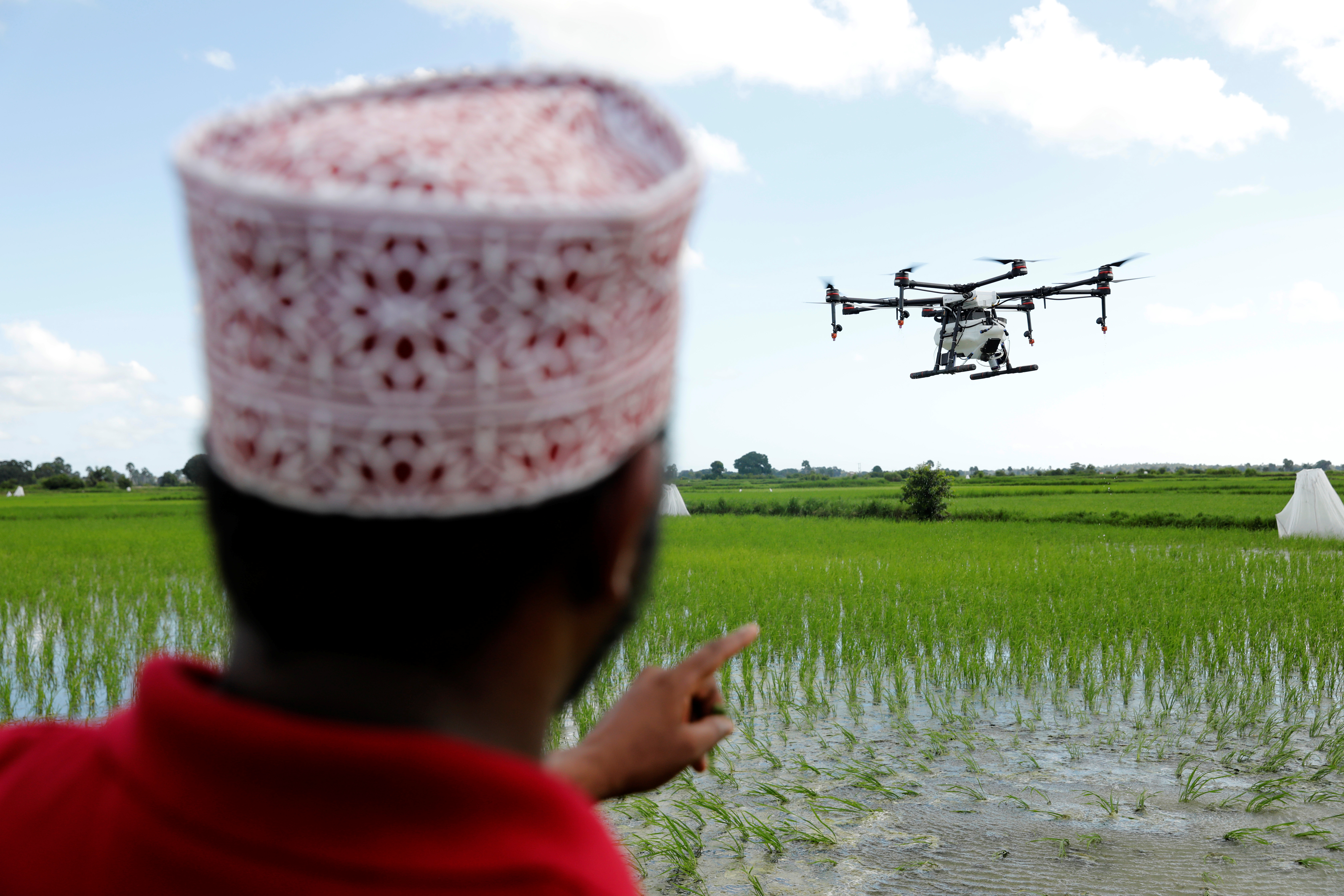The new year 2020 marks the beginning of a promising decade for Africa. Through at least the first half of the decade, economic growth across Africa will continue to outperform that of other regions, with the continent continuing to be home to seven of the world’s 10 fastest-growing economies. Collective action among African and global policymakers to improve the livelihoods of all under the blueprint of the Sustainable Development Goals and the African Union’s Agenda 2063 is representative of the shared energy and excitement around Africa’s potential. With business environments improving, regional integration centered around the African Continental Free Trade Agreement progressing, and the transformational technologies of Fourth Industrial Revolution spreading, never before has the region been better primed for trade, investment, and mutually beneficial partnerships. The recent, unprecedented interest of an increasingly diversified group of external partners for engagement with Africa highlights this potential. Despite the continent’s promise, though, obstacles to success linger, as job creation still has not caught up with the growing youth labor force, gaps in good and inclusive governance remain, and climate change as well as state fragility threaten to reverse the hard-fought-for gains of recent decades.
This special edition of Foresight Africa highlights the triumphs of past years as well as strategies from our experts to tackle forthcoming, but surmountable, obstacles to a prosperous continent by 2030.
Achieving the Sustainable Development Goals
The state of play and policy options

In Chapter 1, our experts discuss how the next 10 years of the Sustainable Development Goals (SDGs) will shape policy priorities for African governments and their partners. Progress has been uneven both across countries and across goals, often hindered by a lack of coordination across national and local governments as well as the global system at large. Given that financing continues to be the biggest hindrance to global success, our authors explore resource mobilization strategies that can push Africa over the finish line.Continue Reading
Deepening good governance
Inclusion, democracy, and security

For Africa to accomplish the ambitious but laudable SDGs, strong institutions and good governance must be in place. In Chapter 2, our experts discuss not only how African countries can build and sustain peace and end corruption, but also how the global community can support institution-building efforts. More broadly, good governance must be inclusive, so our experts share how support for widespread democracy as well as the empowerment of women can and will bring gains for all.Continue Reading
Leveraging demographic trends for economic transformation
Job creation, skills development, and urbanization policies

Among the top challenges facing the continent continues to be the mismatch between demographic trends and job creation. With rapid population growth and urbanization, African leaders must fashion and implement policies to encourage job creation and maintain service delivery. The authors in Chapter 3, then, offer strategies for governments to invest in sectors primed to grow and create jobs, prepare young people for the jobs of the future, and improve the quality of living in Africa’s rapidly growing cities.Continue Reading
Combating climate change
An urgent call for comprehensive global and local action

Overshadowing all of these challenges is the threat of climate change. Food security is particularly in the crosshairs as climate change threatens means of production and the nutrition of the continent’s people. At the same time, the perils of increasing and strengthening natural disasters loom over the millions of people living in low elevation coastal zones. As the authors argue in Chapter 4, without aggressive and comprehensive global and local action, other reforms addressing economic growth and human development will be for naught.Continue Reading
Capturing the Fourth Industrial Revolution
A regional and national agenda

Many leaders see the Fourth Industrial Revolution and its accompanying technologies as a pathway for many solutions to the challenges facing the continent. Progress toward goals such as education access, climate change mitigation, and service delivery can all be enhanced by digital tools both already available and on the horizon. In Chapter 5,the authors explore how groundbreaking technology—such as artificial intelligence—can, hand-in-hand with enabling and empowering policies, improve business, health care, and the livelihoods of all.
No comments:
Post a Comment